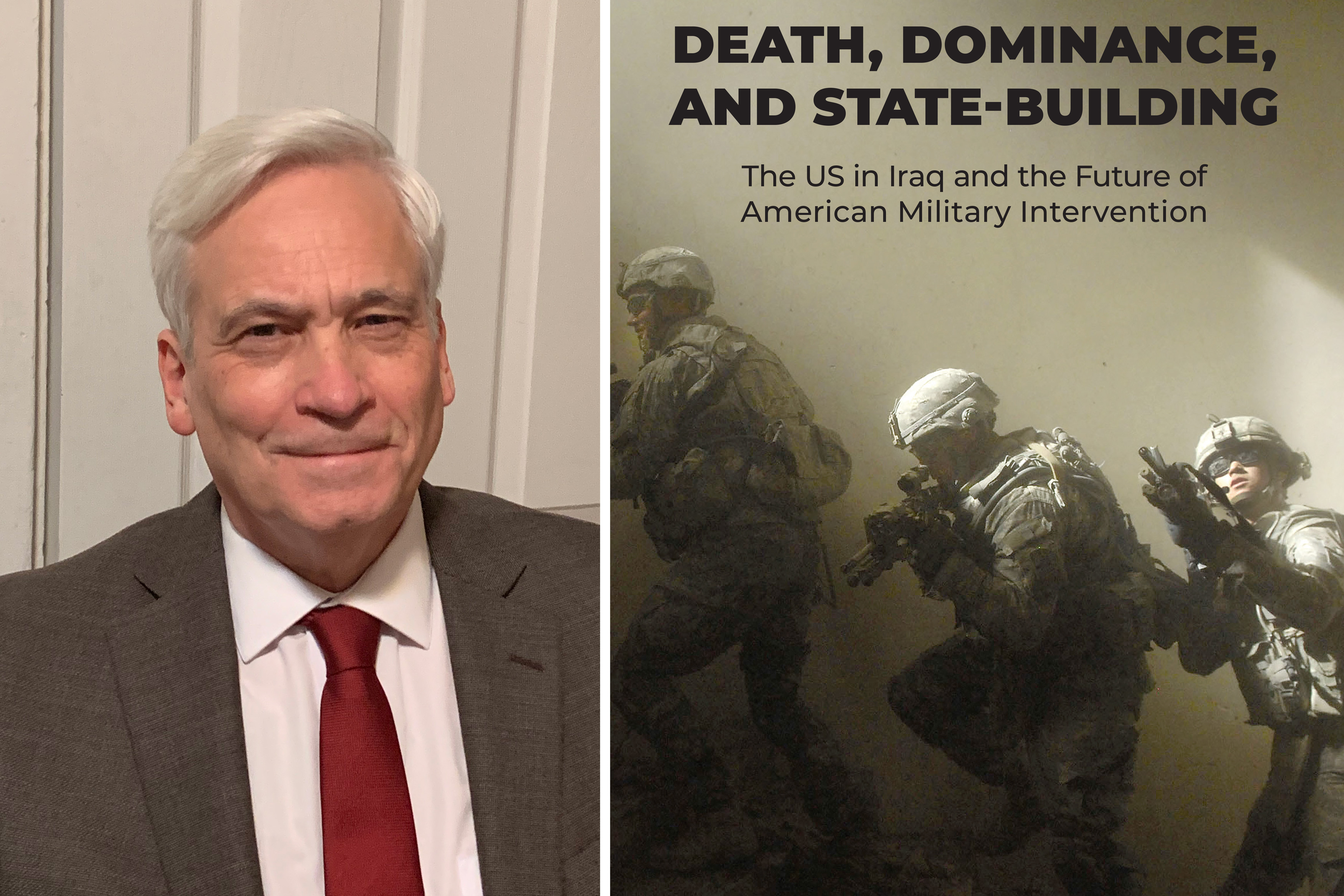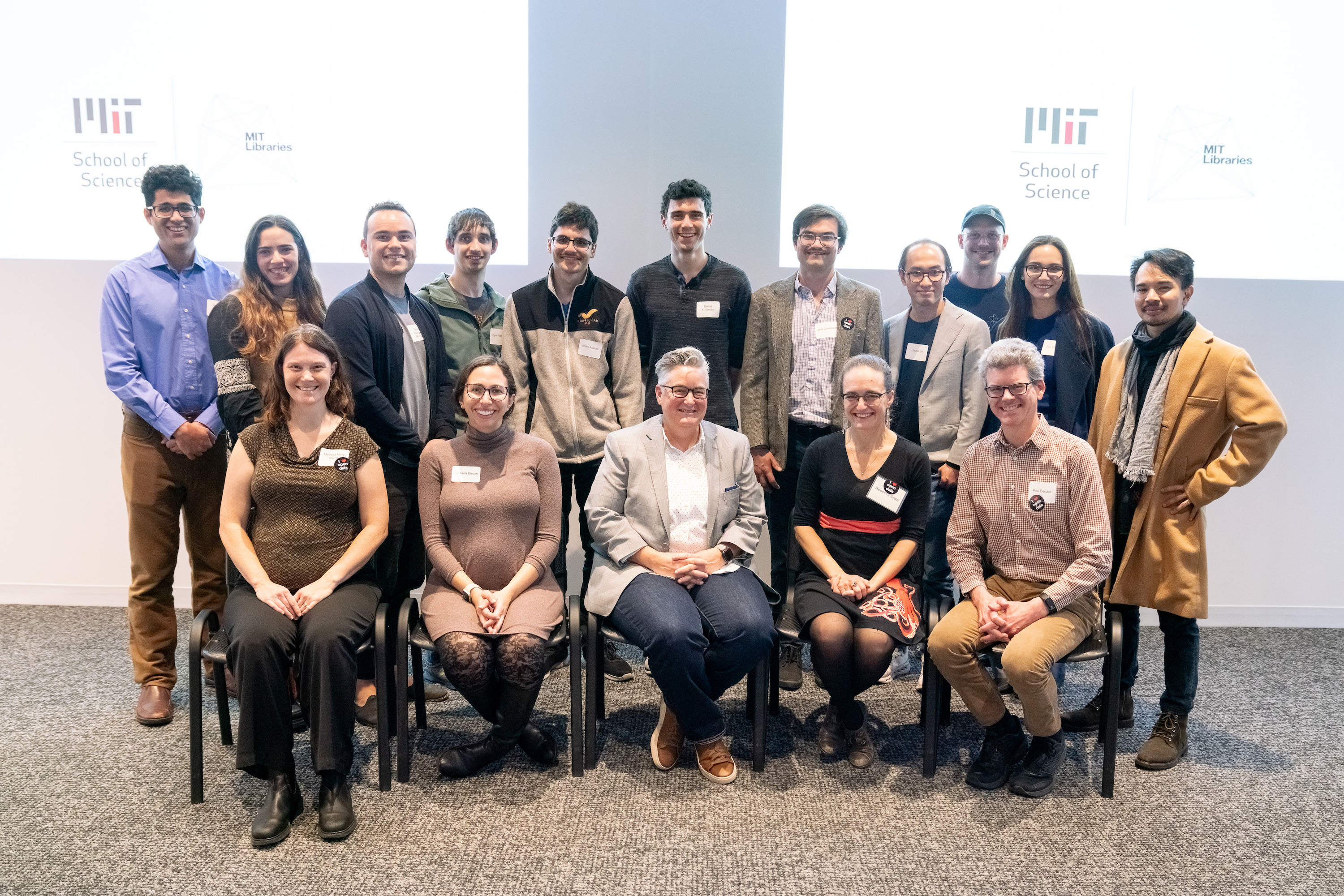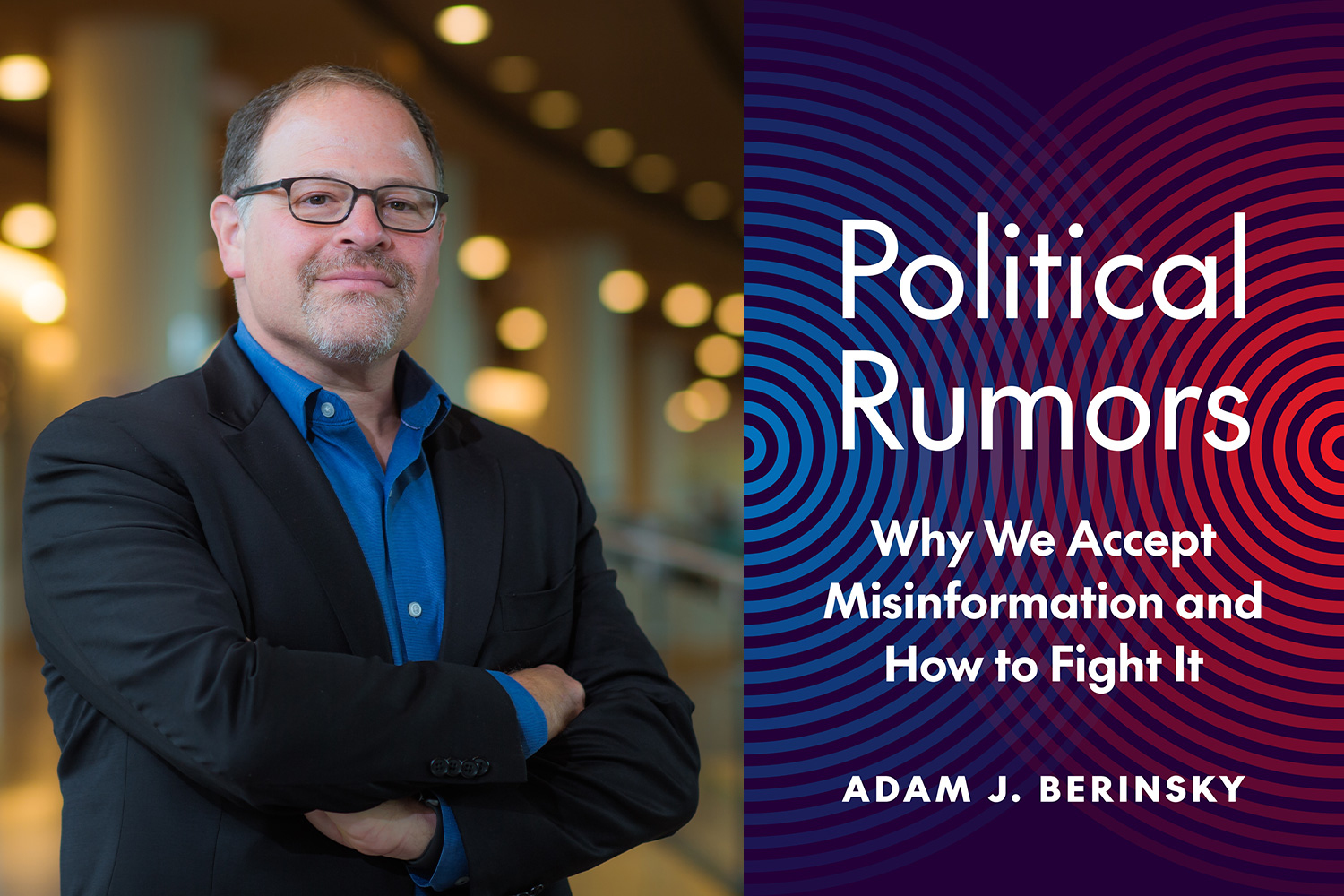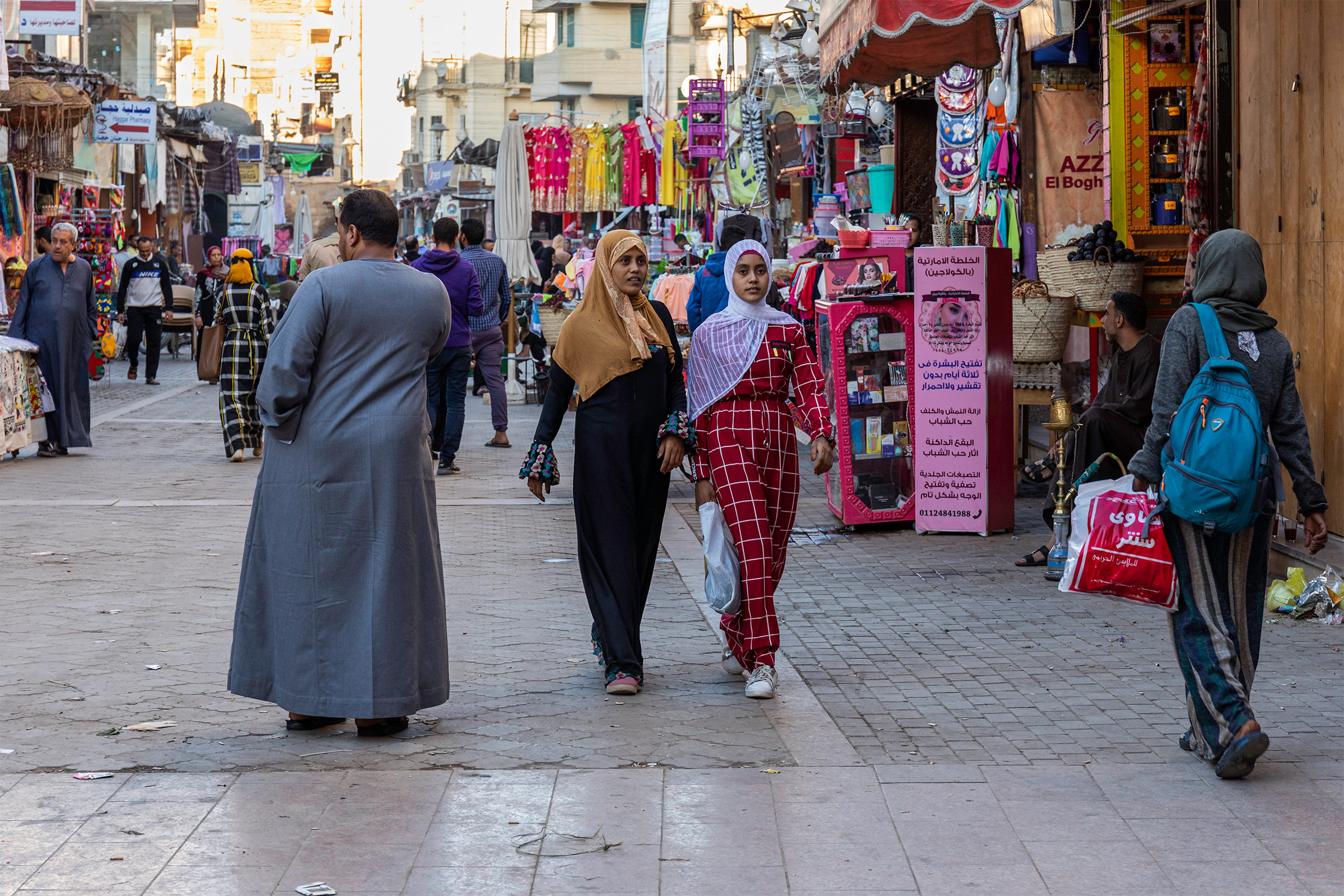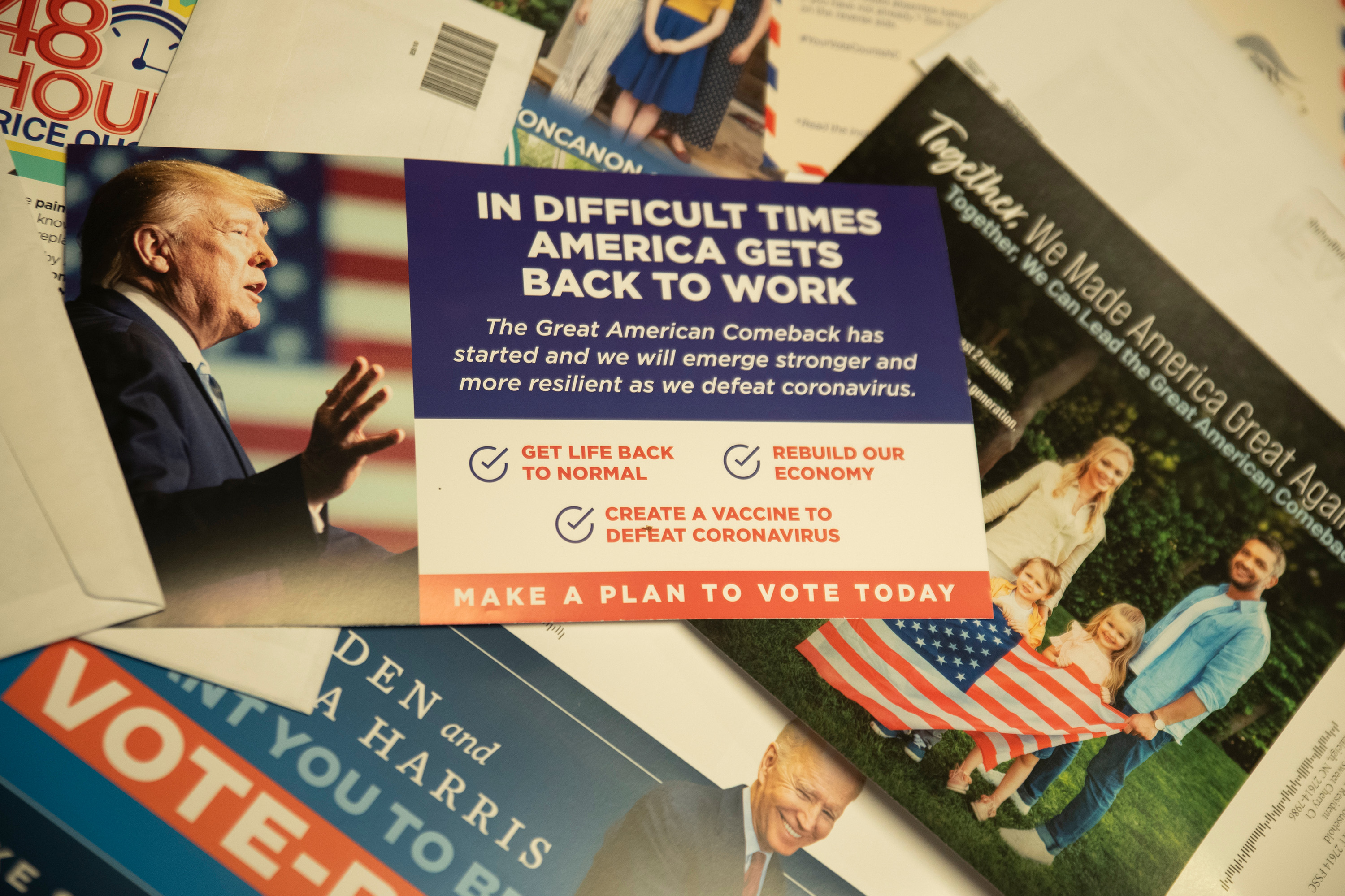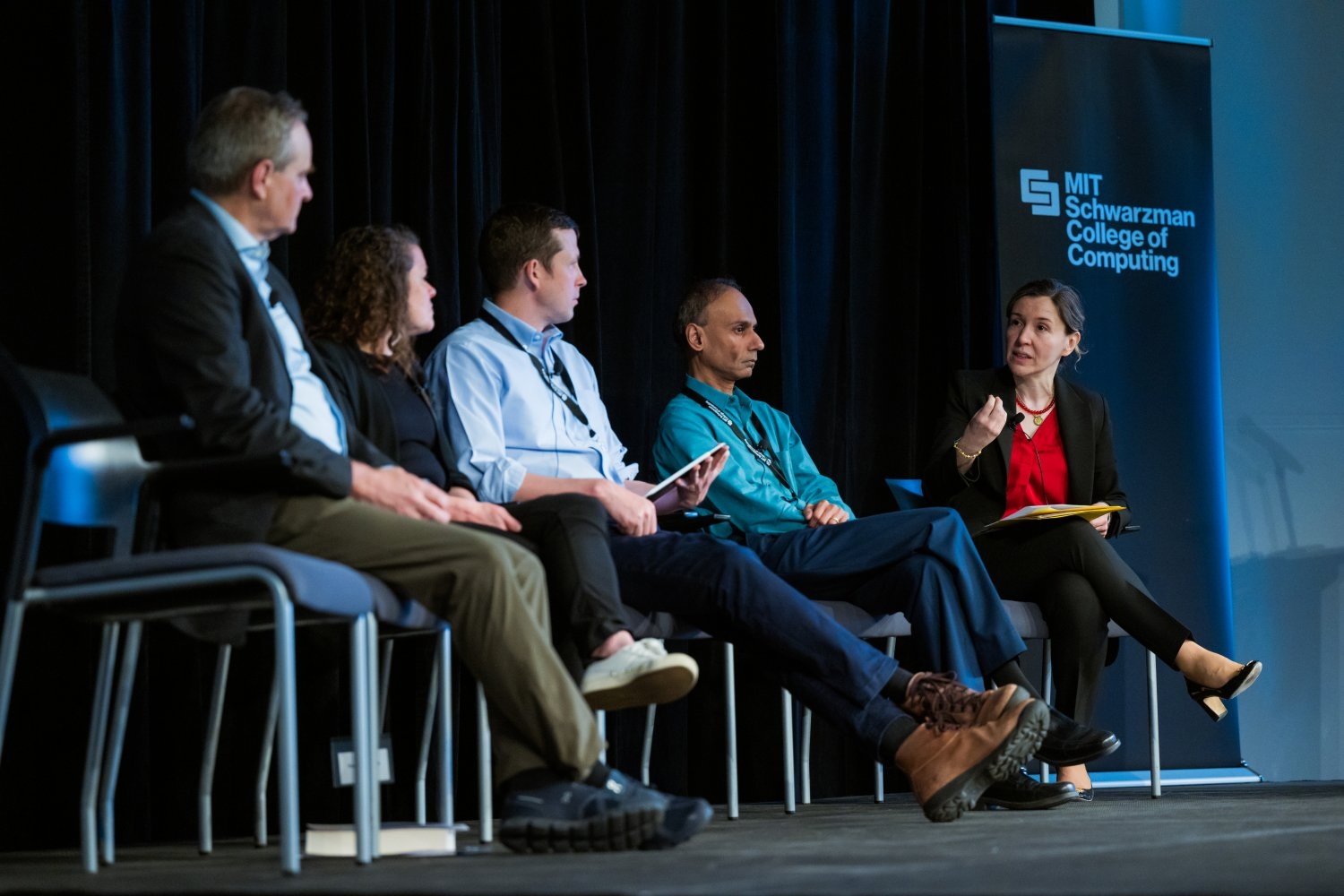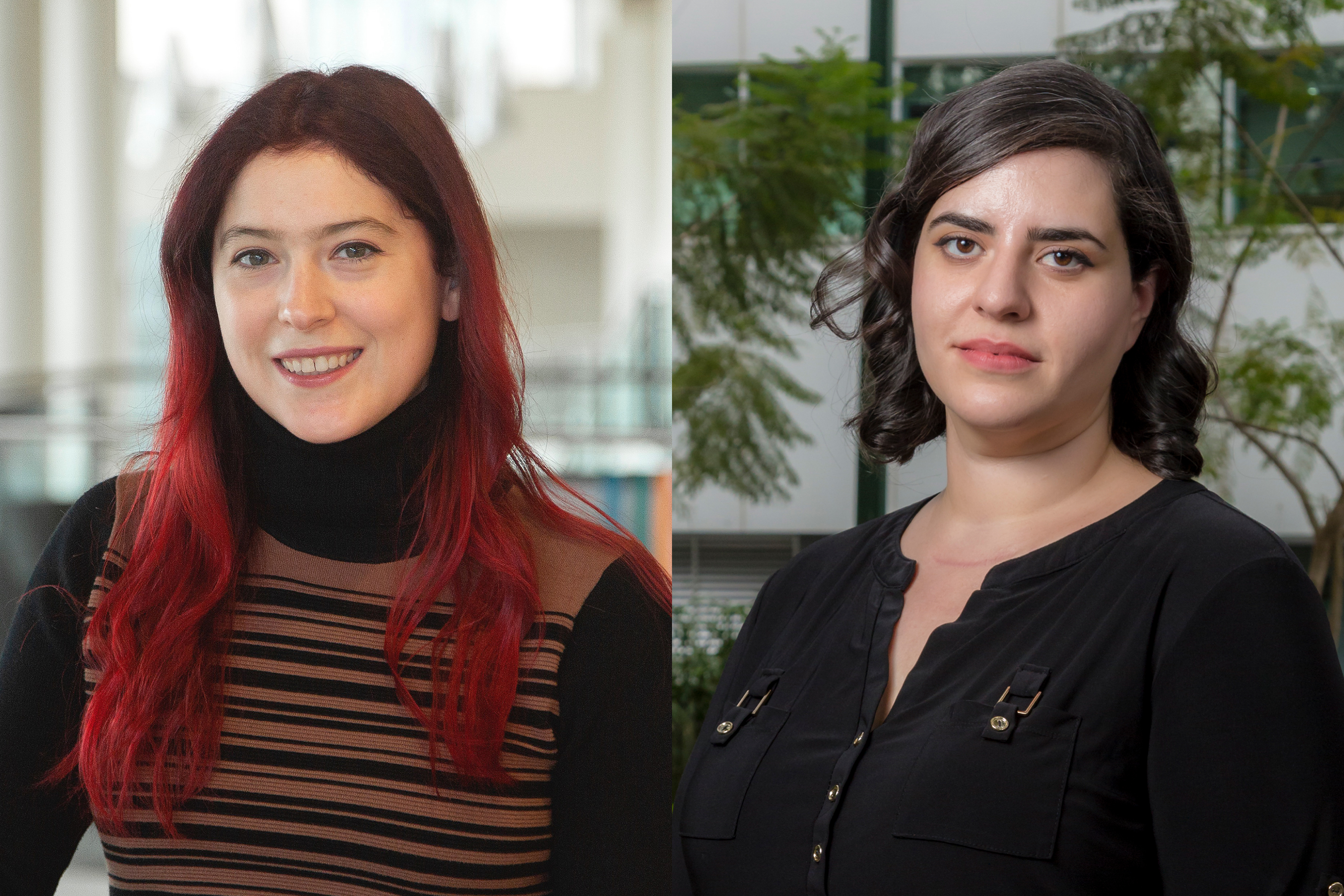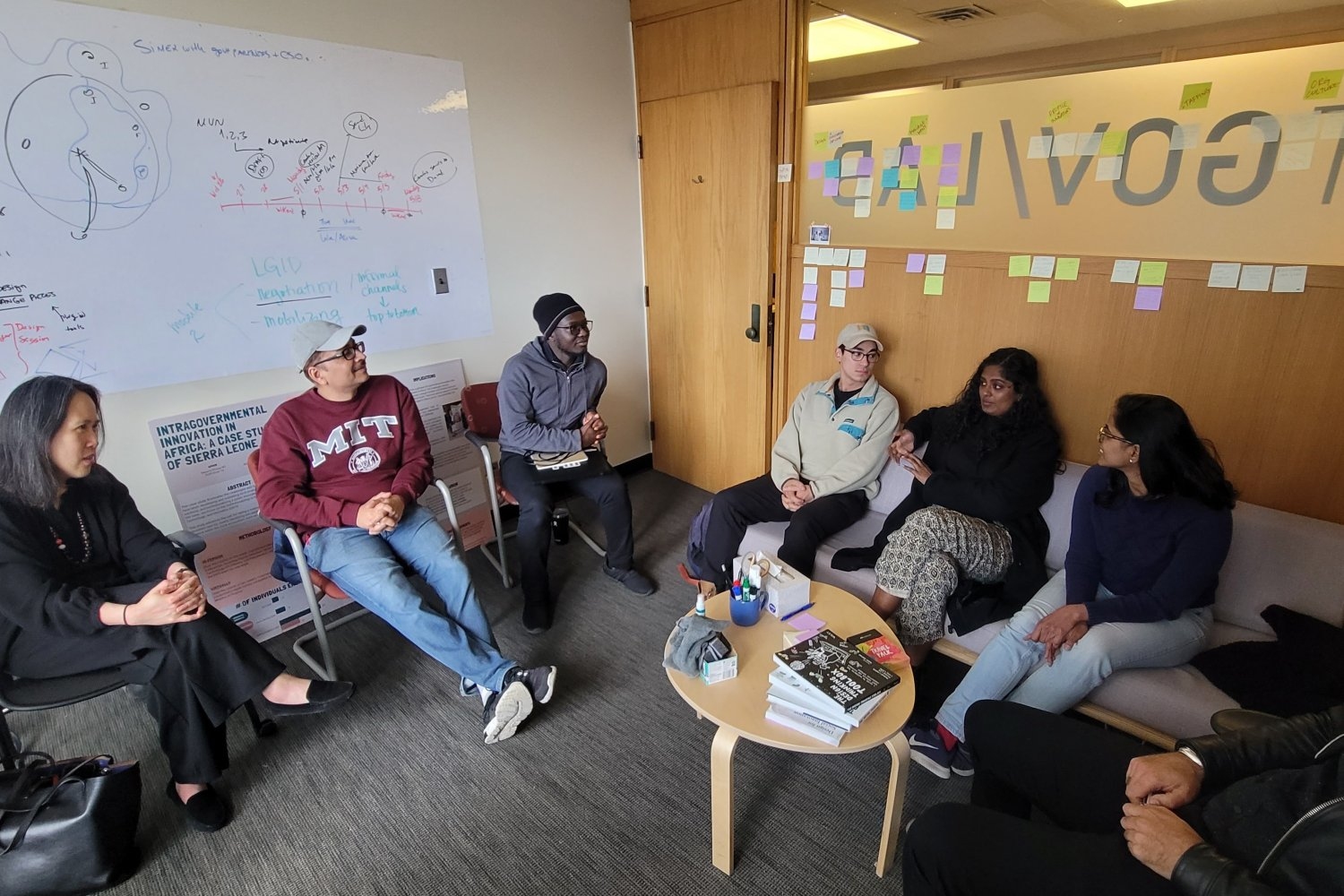Bringing the social and ethical responsibilities of computing to the forefront
The inaugural SERC Symposium convened experts from multiple disciplines to explore the challenges and opportunities that arise with the broad applicability of computing in many aspects of society.
Terri Park | MIT Schwarzman College of Computing •
mit
June 8, 2023 • ~12 min
June 8, 2023 • ~12 min
New MIT fellowship supports student research on governance innovation with Global South governments
A new cross-institute initiative between MIT Governance Lab, MISTI, and the Priscilla King Gray Public Service Center to support graduate student work in public sector innovation.
Seongkyul Park | MIT Governance Lab •
mit
June 5, 2023 • ~5 min
June 5, 2023 • ~5 min
/
17

